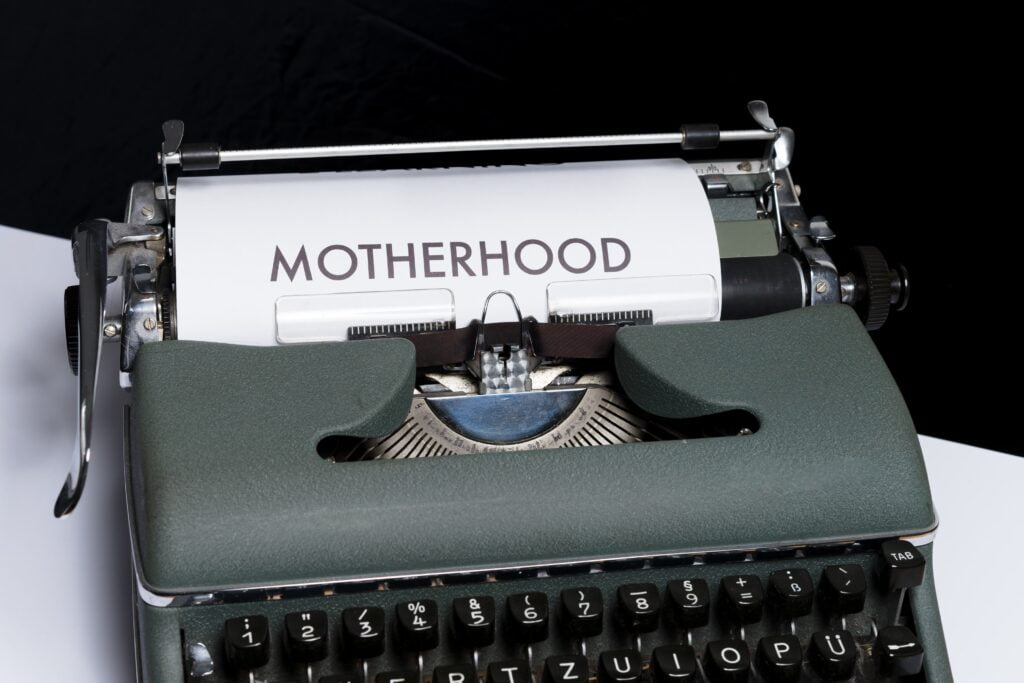In recent years, discussions about reproductive health and family planning have expanded to embrace innovative options such as egg freezing. As women and couples seek greater flexibility in their personal and professional lives, the process of preserving one’s fertility for the future has become increasingly popular.
Here, I will delve deep into the basics of egg freezing, examining what it entails, why people opt for it, and the factors one should consider before making the leap.

What Is Egg Freezing?
Egg freezing, medically known as oocyte cryopreservation, involves extracting, freezing and storing a woman’s eggs to potentially use in the future. The process ensures that the eggs remain in their current state, without ageing, allowing for pregnancy at a later time when the eggs are thawed and fertilised with sperm.
Why Consider Egg Freezing?
1. Career or Personal Plans:
Many women today prioritise career growth, personal development or other life experiences before settling into family life. Egg freezing offers them the peace of mind to pursue these goals without the ticking clock of fertility concerns.
2. Medical Reasons:
Some women have medical conditions or are undergoing treatments, such as chemotherapy, that might impact their fertility. Preserving eggs before these treatments ensures they have a chance at biological motherhood later on.
3. Delayed Life Milestones:
With changing social trends, many are choosing to marry or have children later in life. Freezing eggs provides a security blanket against potential fertility challenges that come with age.
The Process Unveiled

1. Initial Consultation:
The first step involves a thorough assessment of fertility health, including tests to measure egg quantity and quality. This phase is crucial to determine if egg freezing is a viable option.
2. Hormonal Stimulation:
To retrieve multiple eggs for freezing, the ovaries are stimulated using hormonal injections over a period of about 10-14 days.
3. Egg Retrieval:
Once the eggs mature, a minor surgical procedure is performed to retrieve them. This procedure is usually done under sedation and involves a needle guided by ultrasound.
4. Vitrification:
The extracted eggs are then flash-frozen using a process called vitrification. This rapid freezing minimises the formation of ice crystals, ensuring the eggs remain undamaged.
5. Storage:
The vitrified eggs are stored in a specialised facility until the woman is ready to use them. They can remain frozen for many years without significant degradation in quality.
Points of Consideration

Egg freezing is a powerful tool in the arsenal of reproductive options. However, like any medical procedure, there are factors to consider:
1. No Guarantee:
While the science behind egg freezing is robust, it doesn’t guarantee a pregnancy in the future. Success rates vary depending on the age at which the eggs were frozen, the quality of the eggs, and other individual factors.
2. Financial Aspect:
The procedure can be costly. Beyond the initial freezing process, there’s also an annual fee for egg storage. Moreover, when you decide to use frozen eggs, the process of in-vitro fertilisation (IVF) is another expense to anticipate.
3. Potential Risks:
While generally safe, the process involves hormonal medications that can have side effects. There’s also a minimal risk associated with the egg retrieval procedure.
In Conclusion
For many, egg freezing represents a beacon of hope, a bridge to the future that aligns with evolving life paths and aspirations. However, like any significant decision, it requires thorough research and consultation.
Facilities such as Fertility Plus London offer expert guidance, helping individuals make informed choices about their reproductive futures. As the landscape of fertility options expands, one thing remains clear: the power to choose when and how to start a family is becoming increasingly accessible to all.

